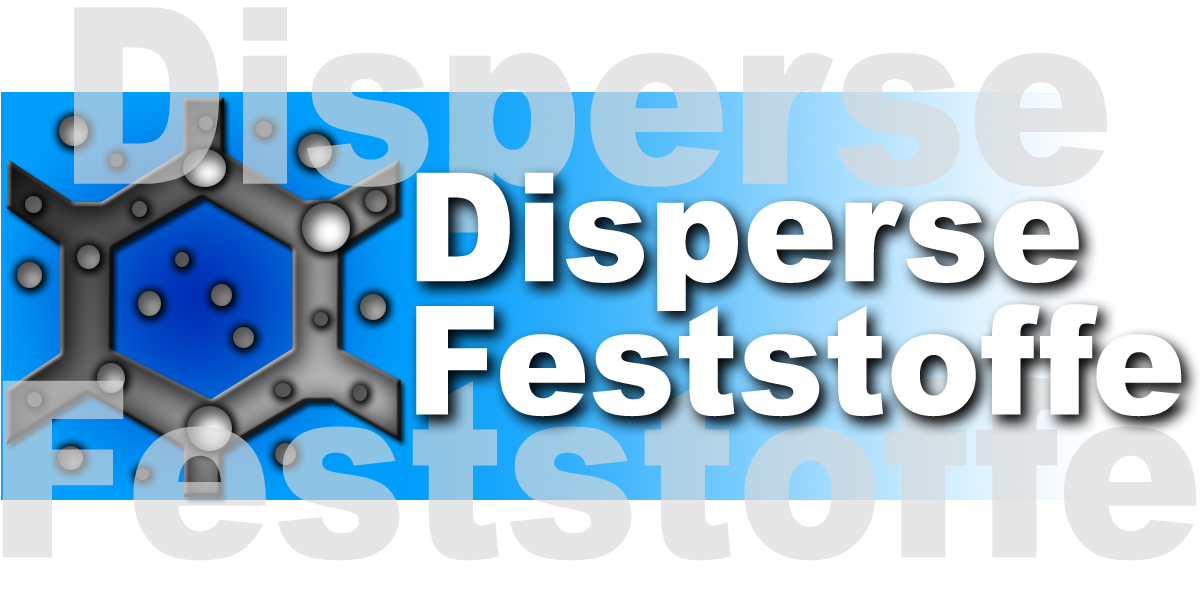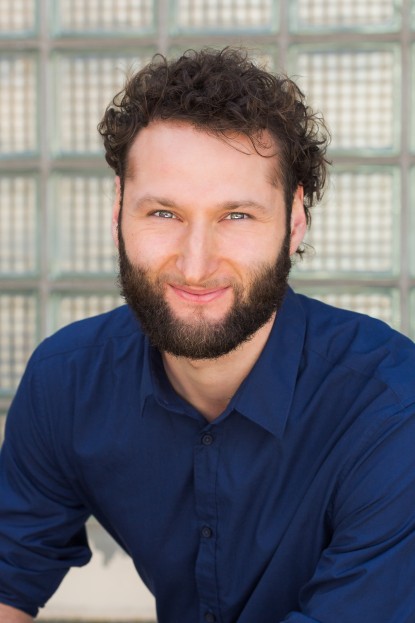A Catalyst for the Energy Transition
Honorary Doctorate for Prof. Robert Schlögl
2023/01/26 by Claudia Staub
Initiated by the departments Materials- and Geosciences, Chemistry and Mechanical Engineeering, the TU Darmstadt has awarded Professor Robert Schlögl an honorary doctorate. The renowned chemist is being honoured for his extraordinary achievements in the fields of heterogeneous catalysis and the energy transition.
Outstanding catalysis researcher, expert on the energy transition and internationally networked scientist: Professor Robert Schlögl has now received an honorary doctorate from TU Darmstadt for his outstanding achievements. The chemist is a world leader in catalysis research. With his work, he has contributed to a new understanding of catalytically active materials.
Schlögl is also considered a recognised expert on the energy transition. Here he is investigating how catalysts can be used in the processes of producing, storing and transporting energy. His research activities include the conversion of light into electrical energy, the catalytic splitting of water, the further development of fuel cells and the development of storage materials for hydrogen, with the aim of producing improved catalysts.
Professor Schlögl has been closely associated with the TU Darmstadt for many years through joint scientific activities and events, especially with the departments of Chemistry and Materials and Geosciences, where catalysis is a research focus.
In addition, Professor Schlögl is one of the initiators of the “Kopernikus Projects for the Energy Transition”, which aims to advance the development of new energy systems in four large-scale projects in order to provide all regions of Germany with a secure and stable supply of energy. As one of the four large-scale projects, the “SynErgie” project is being funded in the area of industrial processes. Since 2016, more than 80 partners under the consortium leadership of the Institute for Production Management, Technologies and Machine Tools (PTW) at TU Darmstadt and the University of Stuttgart have been researching how energy-intensive production processes can be adapted to a fluctuating energy supply.
Numerous awards and an international network
The 68-year-old researcher began his career by studying chemistry at Ludwig Maximilian University (LMU) in Munich. After receiving his diploma in 1979, Schlögl remained at the LMU and conducted research in the field of inorganic chemistry. In 1982 he received his doctorate with a thesis on graphite intercalation compounds and metallic glasses. This was followed by posts in the group of Sir John Meurig Thomas at Cambridge University (UK) and the University of Basel (Switzerland), where he was able to further deepen his knowledge in the field of heterogeneous catalysis.
In 1986, Robert Schlögl moved to the Fritz Haber Institute of the Max Planck Society in Berlin. Here he continued his research on catalysis and habilitated in 1989 under the later Nobel Prize winner Professor Gerhard Ertl. In the same year, he accepted an appointment at the Goethe University in Frankfurt as Professor of Inorganic Chemistry. In 1994, Schlögl returned to Berlin as Director of the Department of Inorganic Chemistry at the Fritz Haber Institute, where he still conducts research today. From 2011 to 2022, he was also founding or managing director at the Max Planck Institute for Chemical Energy Conversion in Mülheim an der Ruhr.
The multi-award-winning researcher has written more than 1,300 scientific articles and is involved in 20 patents. He is also active in numerous committees and scientific societies, including as Vice President of the National Academy of Sciences Leopoldina and, since the beginning of the year, as President of the Alexander von Humboldt Foundation.
In Robert Schlögl we have a role model, an inspiration for following generations of catalysts, and a personality who has earned high recognition worldwide and who has repeatedly developed new initiatives and thought-provoking ideas through his innovative thinking.
Laudator Professor Christian Hess, Department of Chemistry, TU Darmstadt




